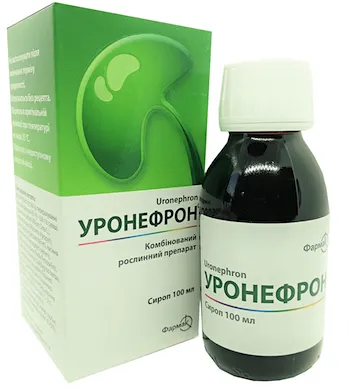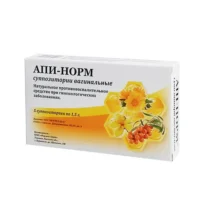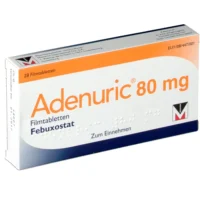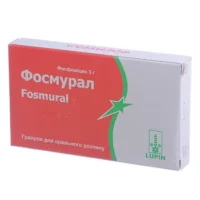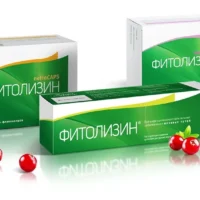Description
Uronefron Syrup
Ingredients
- Uronefron syrup contains a combination of onion peel and roots of wheatgrass.
Dosage
- The recommended dosage for Uronefron syrup is as directed by a healthcare professional. It is typically taken orally.
Indications
- Uronefron syrup is commonly used to support kidney health and urinary tract function.
Contraindications
- Individuals with known allergies to any of the ingredients should avoid using Uronefron syrup.
Directions
- Shake well before use. Follow the instructions provided on the packaging or as directed by a healthcare professional.
Scientific Evidence
- Studies have shown that the ingredients in Uronefron syrup, such as onion peel and wheatgrass roots, possess antioxidant and anti-inflammatory properties that may help support kidney function and promote urinary tract health.
- Research published in the Journal of Medicinal Food has highlighted the potential benefits of onion peel in reducing oxidative stress in the kidneys.
Pharmacological Effects
- The combination of onion peel and wheatgrass roots in Uronefron syrup may work synergistically to support kidney function by reducing inflammation and oxidative stress in the urinary system.
Clinical Trials
- While more research is needed to fully understand the clinical efficacy of Uronefron syrup, preliminary studies suggest promising results in terms of its potential benefits for kidney and urinary health.
Additional Information
- Uronefron syrup is a natural formulation that may offer a gentle yet effective approach to maintaining urinary system wellness.
- It is important to consult with a healthcare provider before starting any new supplement regimen, especially if you have underlying health conditions or are taking medications.

